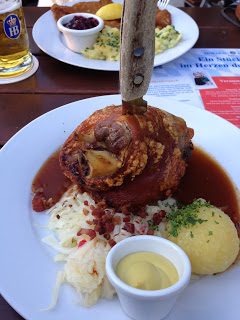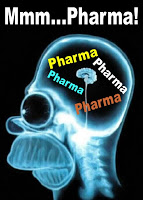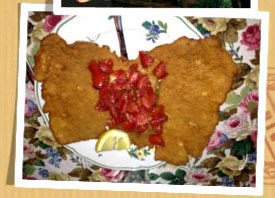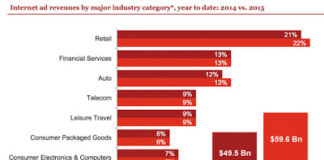According to Harvard and Georgetown University ethicists and academics, “pharmaceutical and medical device companies apply social psychology to influence physicians’ prescribing behavior and decision-making.” This is according to Sunita Sah and Adriane Fugh-Berman, authors of “Physicians Under the Influence: Social Psychology and Industry Marketing Strategies”, part of a symposium on institutional corruption and pharmaceutical policy in the forthcoming issue of the Journal of Law, Medicine & Ethics, 2013: Vol. 14 (3).
“Physicians fail to recognize their vulnerability to commercial influences due to self-serving bias, rationalization, and cognitive dissonance,” claim the authors. Moreover, the authors claim that “professionalism offers little protection; even the most conscious and genuine commitment to ethical behavior cannot eliminate unintentional, subconscious bias.”
The authors identify six “principles of influence” that are “key to the industry’s routine marketing strategies, which rely on the illusion that the industry is a generous avuncular partner to physicians”:
- reciprocation,
- commitment,
- social proof,
- liking,
- authority, and
- scarcity
But resistance is NOT futile, say the authors. “In order to resist industry influence, physicians must accept that they are vulnerable to subconscious bias and have both the motivation and means to resist industry influence.”
Sounds like physicians need a 12-Step program to wean themselves off psychological dependence on pharma marketing! As summarized by the American Psychological Association, a 12-Step program to defeat dependence includes the following:
- admitting that one cannot control one’s addiction or compulsion; The authors point out that “the first step towards increasing physicians’ resistance to industry influence is for them to understand and accept that they are individually vulnerable to subconscious bias.”
- recognizing a higher power that can give strength; The authors suggest “a culture in which the acceptance of gifts engenders shame in physicians” as a necessary step, which would, IMHO, require an act of God; i.e., a “higher power.”
- examining past errors with the help of a sponsor (experienced member) making amends for these errors; The authors mention an “educational slideshow, ‘Why Lunch Matters,’ presented nationally at grand rounds and seminars, is the first intervention shown to increase physicians’ and medical students’ awareness of their own susceptibility to industry marketing.” They also quote several former sales reps who could tell real life stories of “past errors.” But you can also hire physicians such as Dr. Carlat who have already admitted their errors and attempted to make amends (see “Dr. Carlat’s True Confession: 199,999 More to Go“).
- learning to live a new life with a new code of behavior; I believe this is the most difficult step. Physicians already are missing their “free lunches” (see “Doctors Miss Their Free Lunches Says Survey“).
- helping others who suffer from the same addictions or compulsions. I think strong policies are called for here as recommended by the authors: “In addition to educating faculty and students about the social psychology underlying such manipulative marketing techniques and how to resist it, academic medical institutions need to counteract the medical profession’s improper dependencies on industry by enacting strong policies and regulations.”
Erick Turner, a psychiatrist, is one of those physicians who now admits errors and is making amends. The authors quote him describing what it is like being a KOL: “It strokes your narcissism… They make you feel like you’re special… The first thing they do is ferry you to a really nice hotel. And sometimes they pick you up in a limo, and you feel very important, and they have really, really good food…”
Bayer and Roche definitely made me feel like an “authority” and definitely “stoked” my narcism. I am, after all, Pharmaguy — a genuine “scarce” commodity!
But my review of the food is mixed. In Milan, for example, I had “elephant ears” at a dinner with the Roche social media team at the al garghet (“croaking frogs”) Restaurant, just outside the south gate of Milan. Here’s the photo of my plate:
I didn’t want to say anything at the time, but this was really, really … dry! I wish I had the osso buco, but my Italian hosts said that was winter food and not appropriate for spring and summer.
Bayer had Hors d’oeuvre, which were good, but afterward I headed straight for a beer garden and had the pork knuckle and beer (even though this dish also is best eaten in winter months):











![6 Digital Tools at the Center of Healthcare Digitalization [INFOGRAPHIC]](http://ec2-54-175-84-28.compute-1.amazonaws.com/pharma-mkting.com/wp-content/uploads/2021/04/6DigitalTools_600px-100x70.jpg)




